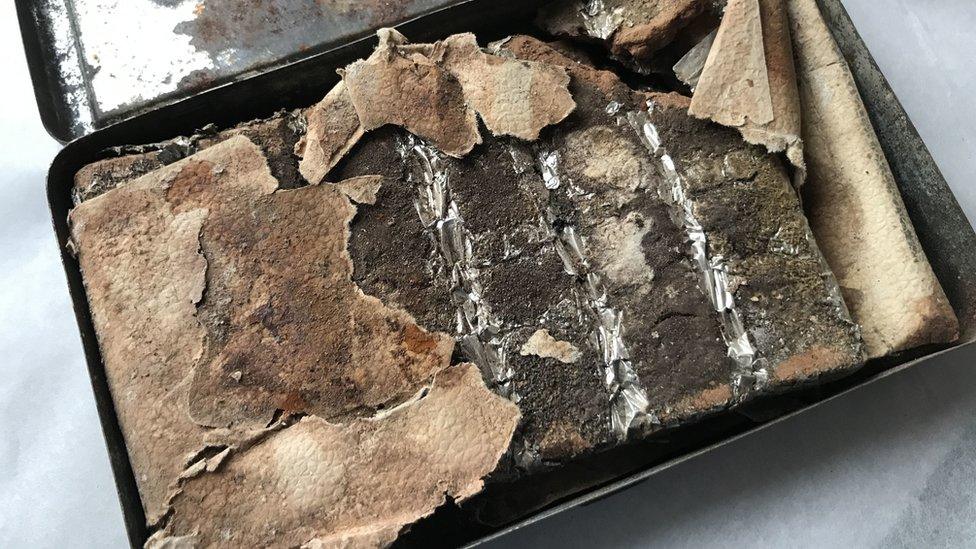Life of Cornish heroine celebrated in new museum
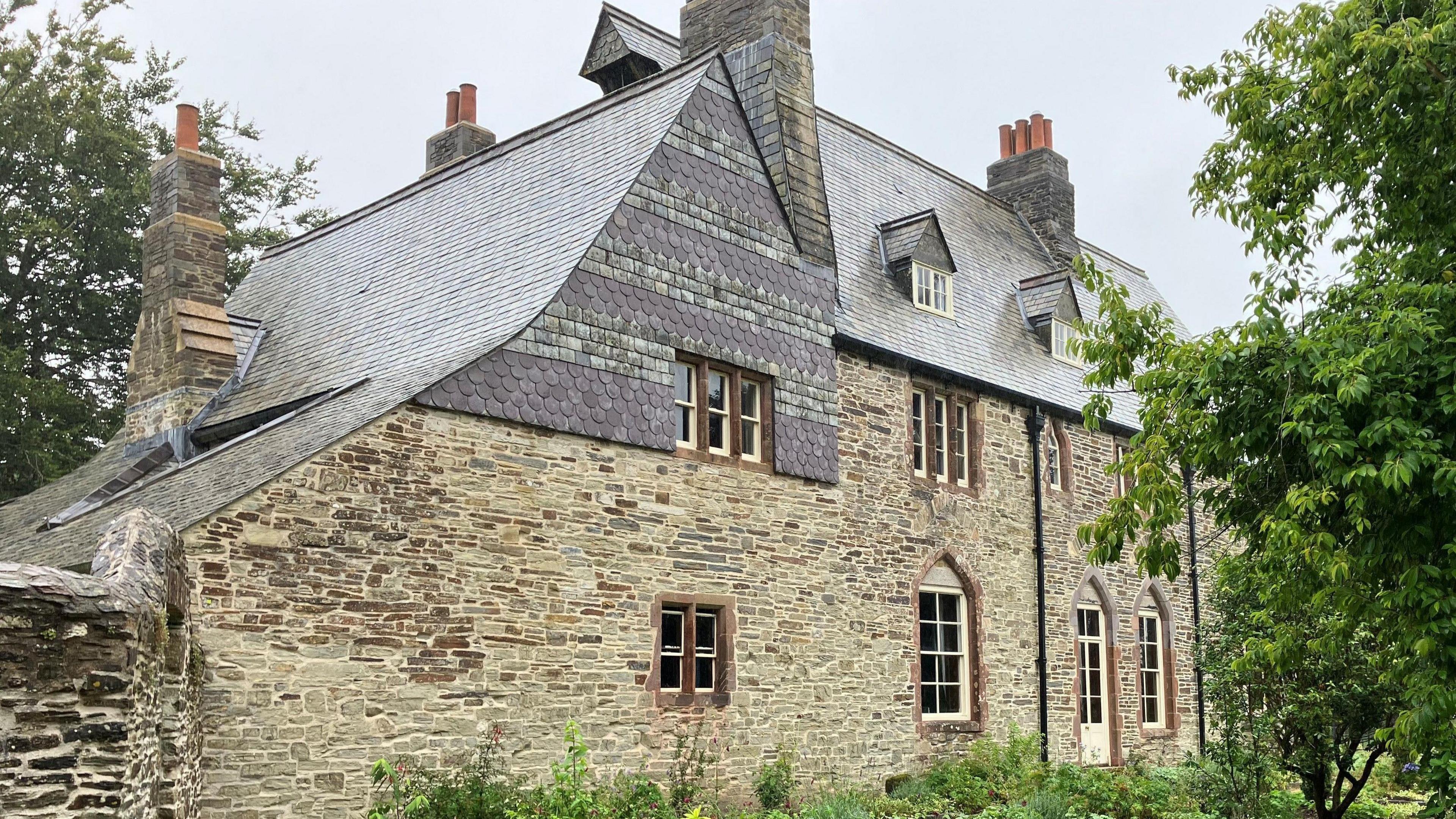
The home where Emily Hobhouse grew up has undergone a transformation
- Published
A South African investor has spent millions of pounds restoring the home of Cornish heroine Emily Hobhouse.
Hobhouse saved the lives of thousands of women and children held in British concentration camps in South Africa in the Second Boer War of 1899-1902.
She grew up in the village of St Ive, near Liskeard, where her father was a vicar and the first Archdeacon of Bodmin.
It has taken seven years to renovate the rectory and the museum includes a restaurant serving South African meals.
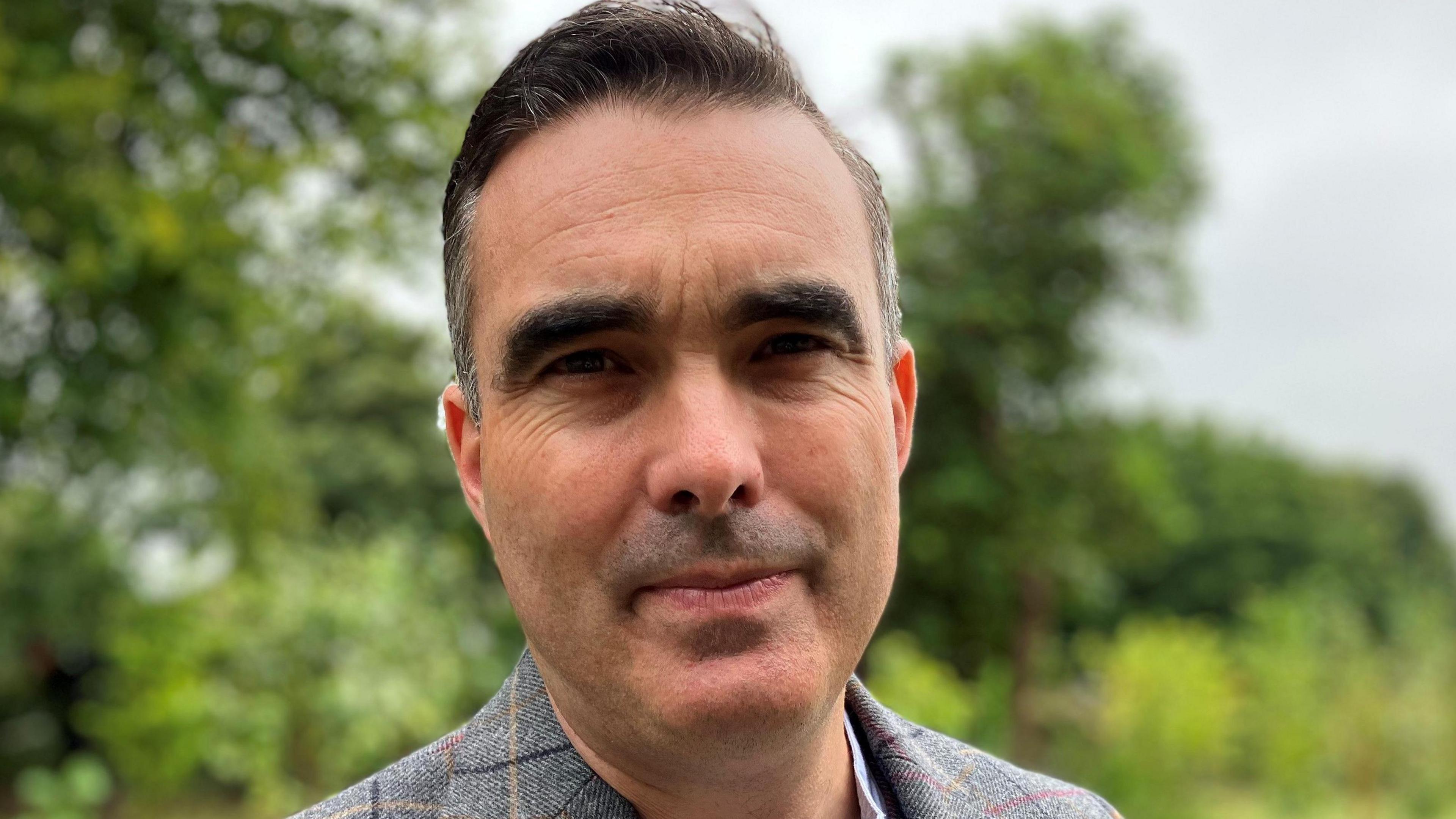
Museum managing director Martin Lovell said Hobhouse was "respected and loved" in South Africa
Martin Lovell, general manager of the museum, which is called the Story of Emily, said Hobhouse was revered by South Africans.
"When we bought it in 2017, it was completely dilapidated, and we've built it back up into the house it once was in 1875, and filled it full of Victorian furniture from the period," he said.
"When you go to school [in England] you learn about Florence Nightingale and the work she did.
"For South Africans... [Hobhouse] is well-known and respected and loved in that community."
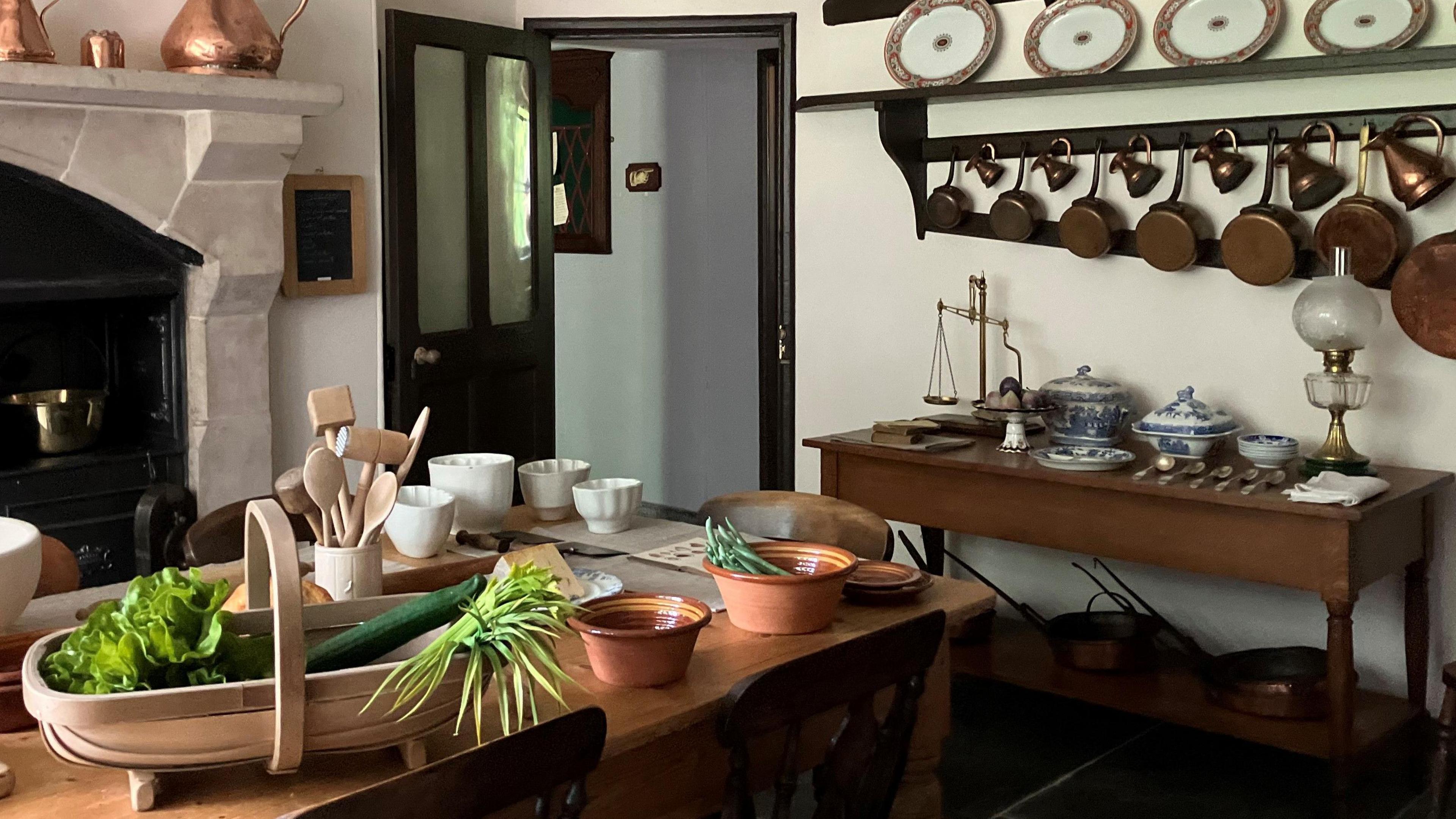
One of the renovated rooms in the rectory
The anti-war campaigner raised the profile of the atrocious conditions women and children were living.
Lord Herbert Kitchener, a British Army officer who played a key role in the conflict, referred to Hobhouse as "that bloody woman".
Mr Lovell said Hobhouse "fought back against the political pressure she was under".
"There was a commission and that successfully improved the conditions in the concentration camps... sterilised water, more supplies, better food," he said.
"She also went down there with money, with resources, to try and help the people who were struggling."
'Brilliant role model'
The museum includes an immersive story of Emily's life called the War Rooms.
Tamsin Lay, who is from south-east Cornwall and was visiting the museum, said Hobhouse was a "brilliant role model".
"Having been through the museum, she just seems so wise and courageous and compassionate," she said.
"It blows my mind actually."
'Power of Emily'
Susan Dormer, who was on holiday from Kent and had not previously heard of Hobhouse, said the museum was a "moving experience to go through".
"I'm going to buy a book in the shop to read more and learn more about who she was and what she did," she said.
Helen Hambly-Smyth, who farms nearby, added: "I just feel the power of Emily, her history and how she really did what many women couldn't do."
Hobhouse died in 1926 in London but her ashes are interred in a statue in South Africa.
Follow BBC Cornwall on X (formerly Twitter), external, Facebook, external and Instagram, external. Send your story ideas to spotlight@bbc.co.uk, external.
- Published1 June 2017
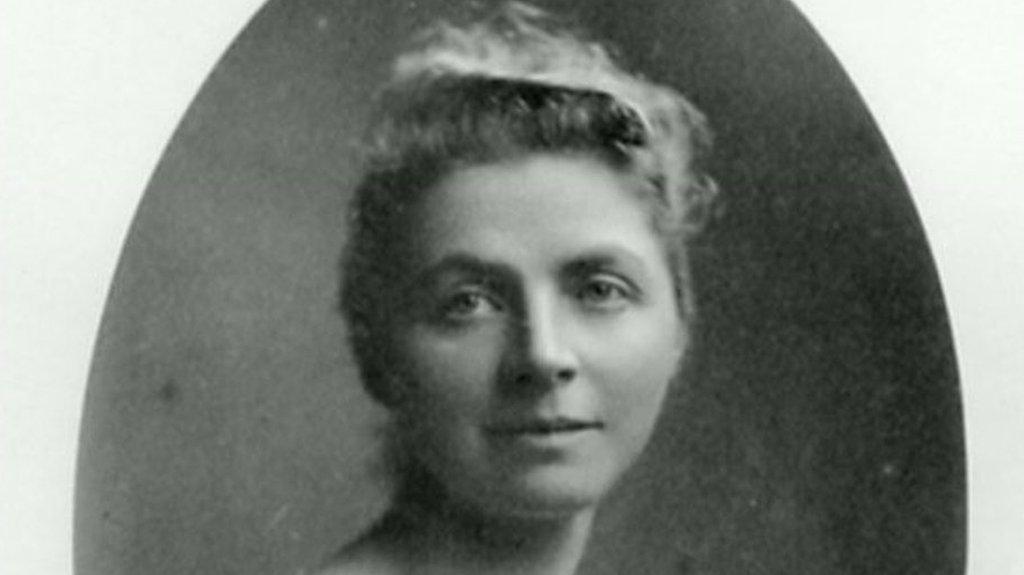
- Published31 March 2021
